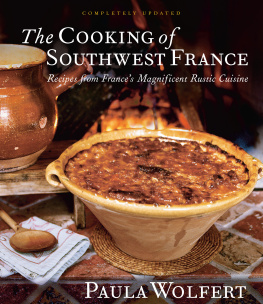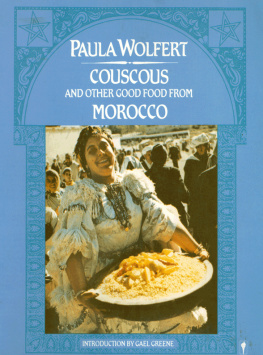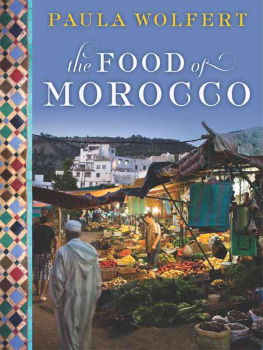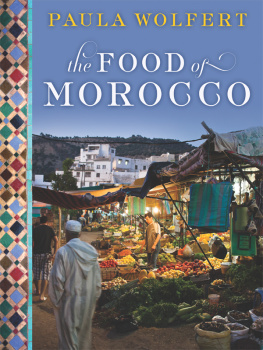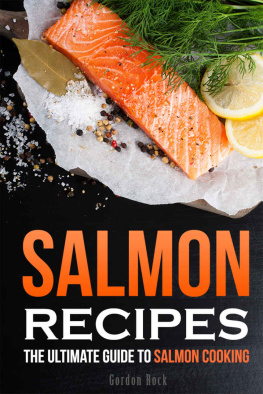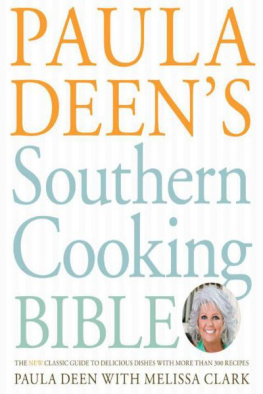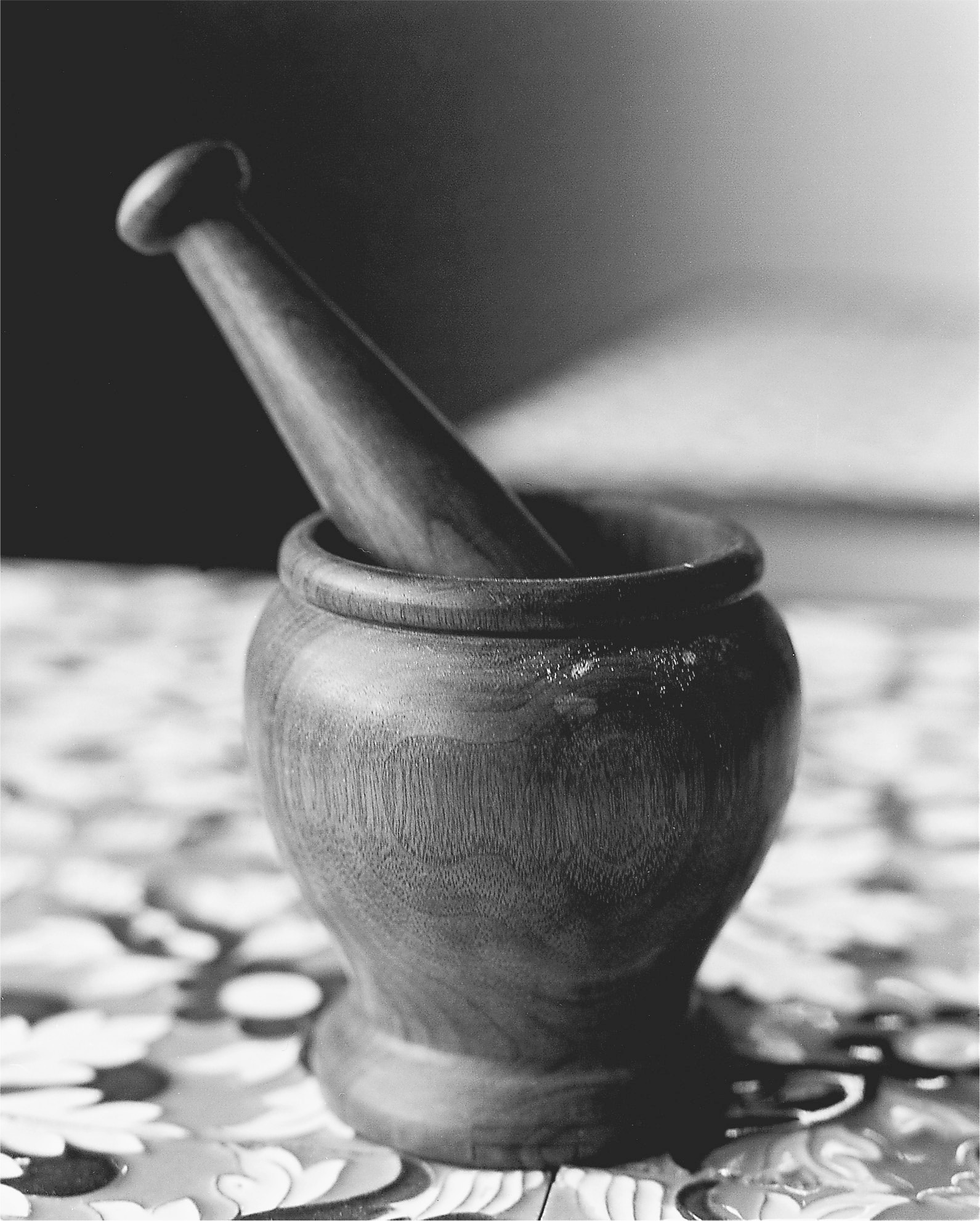Paula Wolfert - The Cooking of Southwest France: Recipes from Frances Magnificient Rustic Cuisine
Here you can read online Paula Wolfert - The Cooking of Southwest France: Recipes from Frances Magnificient Rustic Cuisine full text of the book (entire story) in english for free. Download pdf and epub, get meaning, cover and reviews about this ebook. year: 2021, publisher: HarperCollins, genre: Home and family. Description of the work, (preface) as well as reviews are available. Best literature library LitArk.com created for fans of good reading and offers a wide selection of genres:
Romance novel
Science fiction
Adventure
Detective
Science
History
Home and family
Prose
Art
Politics
Computer
Non-fiction
Religion
Business
Children
Humor
Choose a favorite category and find really read worthwhile books. Enjoy immersion in the world of imagination, feel the emotions of the characters or learn something new for yourself, make an fascinating discovery.
- Book:The Cooking of Southwest France: Recipes from Frances Magnificient Rustic Cuisine
- Author:
- Publisher:HarperCollins
- Genre:
- Year:2021
- Rating:4 / 5
- Favourites:Add to favourites
- Your mark:
The Cooking of Southwest France: Recipes from Frances Magnificient Rustic Cuisine: summary, description and annotation
We offer to read an annotation, description, summary or preface (depends on what the author of the book "The Cooking of Southwest France: Recipes from Frances Magnificient Rustic Cuisine" wrote himself). If you haven't found the necessary information about the book — write in the comments, we will try to find it.
An indispensable cookbook.
Jeffrey Steingarten, Vogue
When Paula Wolferts The Cooking of Southwest France was first published in 1983, it became an instant classic. This award-winning book was praised by critics, chefs, and home cooks alike as the ultimate source of recipes and information about a legendary style of cooking. Wolferts recipes for cassoulet and confit literally changed the American culinary scene. Confit, now ubiquitous on restaurant menus, was rarely served in the United States before Wolfert presented it.
Now, Wolfert has completely revised her groundbreaking book. In this edition, youll find sixty additional recipesthirty totally new recipes, along with thirty updated recipes from Wolferts other books. Recipes from the original edition have been revised to account for current tastes and newly available ingredients; some have been dropped.
You will find superb classic recipes for cassoulet, sauce perigueux, salmon rillettes, and beef daube; new and revised recipes for ragouts, soups, desserts, and more; and, of course, numerous recipes for the most exemplary of all southwest French ingredientsduckincluding the traditional method for duck confit plus two new, easier variations.
Other recipes include such gems as Chestnut and Cpe Soup With Walnuts, magnificent lusty Oxtail Daube, mouthwatering Steamed Mussels With Ham, Shallots, and Garlic, as well as Poached Chicken Breast, Auvergne-Style, and the simple yet sublime Potatoes Baked in Sea Salt. Youll also find delicious desserts such as Batter Cake With Fresh Pears From the Correze, and Prune and Armagnac Ice Cream.
Each recipe incorporates what the French call a truc, a unique touch that makes the finished dish truly extraordinary. Evocative new food photographs, including sixteen pages in full color, now accompany the text.
Connecting the 200 great recipes is Wolferts unique vision of Southwest France. In sharply etched scenes peopled by local characters ranging from canny peasant women to world-famous master chefs, she captures the regions living traditions and passion for good food.
Gascony, the Perigord, Bordeaux, and the Basque country all come alive in these pages. This revised edition of The Cooking of Southwest France is truly another Wolfert classic in its own right.
Paula Wolfert: author's other books
Who wrote The Cooking of Southwest France: Recipes from Frances Magnificient Rustic Cuisine? Find out the surname, the name of the author of the book and a list of all author's works by series.

